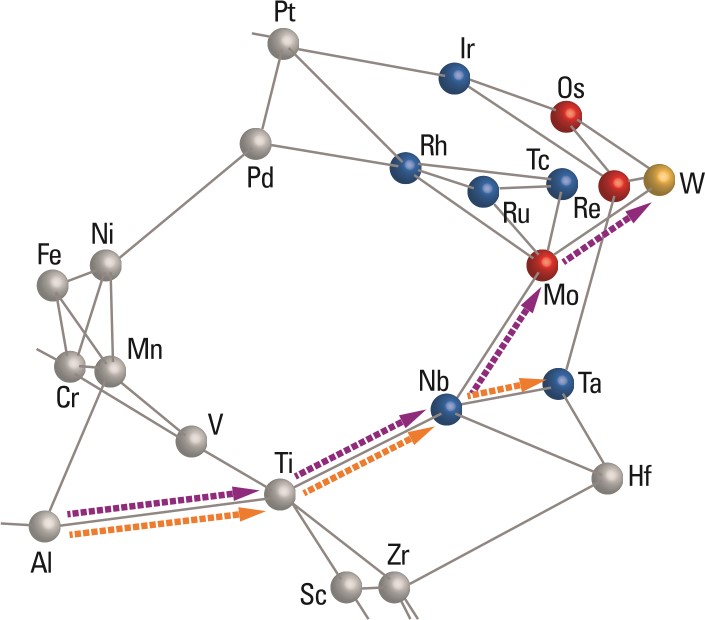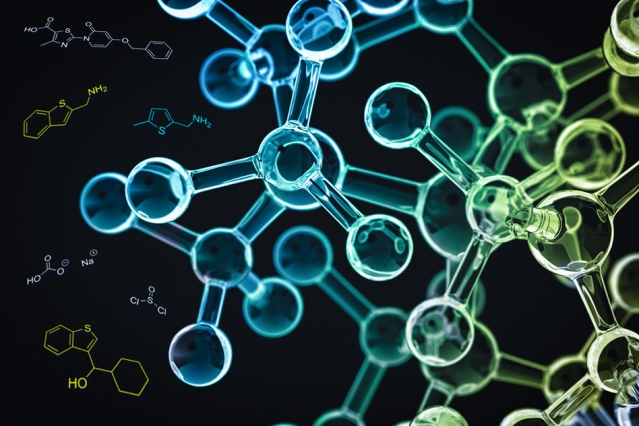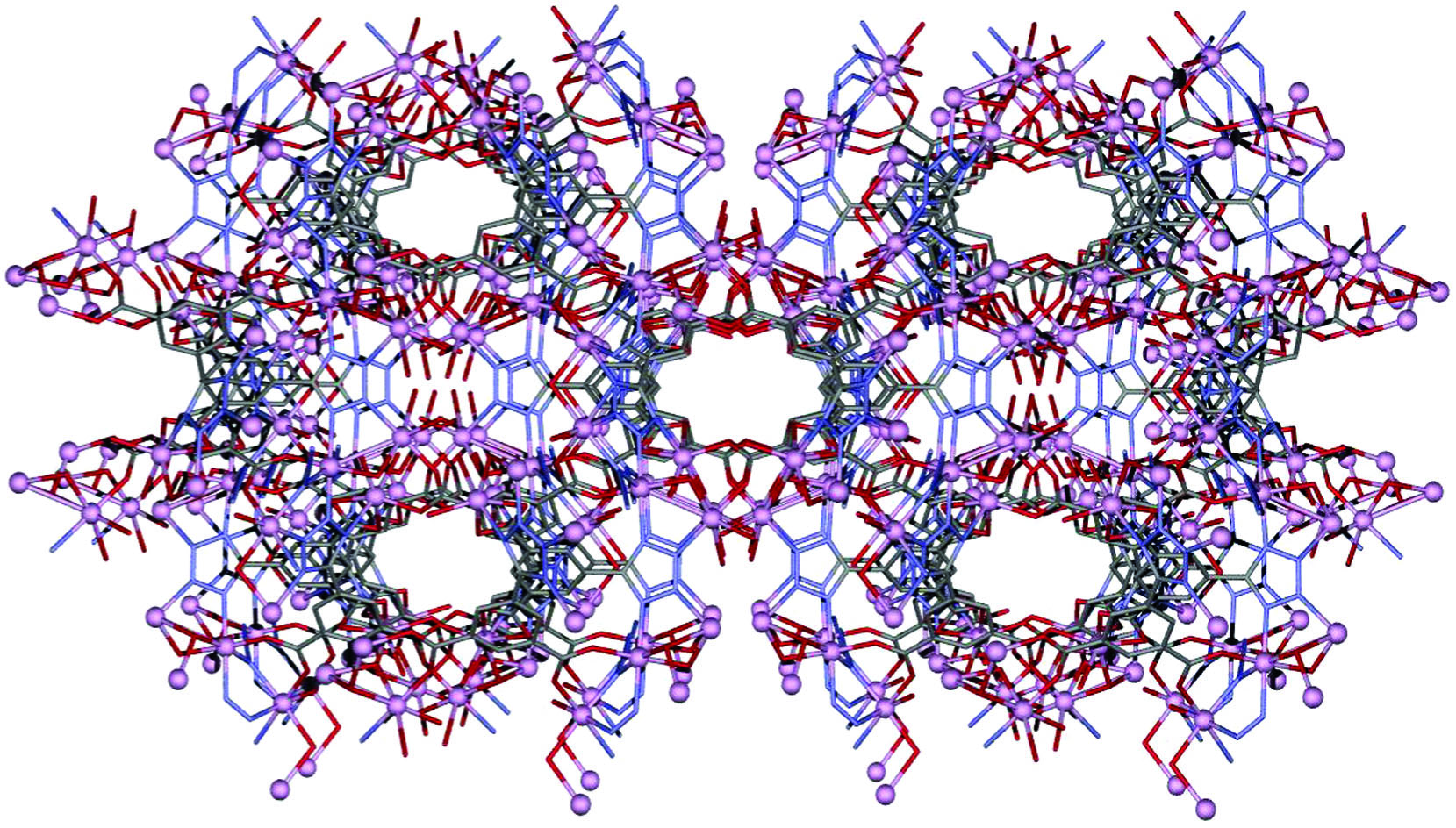News
Machine Learning Toolkit

Our ML toolkit has been now been released.
An easy-to-use GUI has been developed to reduce the time it takes to build prototypes for ML models as well as experiment with various feature extraction methods available. Further, plug-and-play-style interactions for the different blocks associated with a typical ML pipeline via a graphical representation with directed edges make the GUI intuitive to use and easy to learn.
Alloy Design Foundry

The Alloy Design Foundry provides a set of tools for materials design
The Alloy Design Foundry provides a suite of analytical tools for accelerating the design of new materials. These tools are unique in that they integrate considerations of both underlying physics and materials science with the complexity of data science. We demonstrate the use of a wide variety of approaches including Natural Language Processing, Manifold Learning, Graphics Recognition, Set Theory, and Data Driven Microscopy for chemical design.
Competition on Chart Data Extraction

The 2019 competition on chart data extraction has concluded. Visit here for details.
Automatically extracting data from charts is a key step in understanding the intent behind a chart which could lead to a better understanding of the document itself. We have organized a competition composed of a series of 6 sub-tasks for chart data extraction, which when put together as a pipeline go from an input chart image to a CSV file representing the data used to create the chart.
New ChemML Version Release

ChemML brings together several fingerprint extraction libraries like Magpie, RDKit, Dragon and machine learning libraries like sklearn, Keras into a single package and with our web-based toolkit can be used to design and run custom data processing tasks.
Analysis of Metal Organic Frameworks

Typical MOF databases are high-dimensional and sparse that pose a challenge in extracting the key features and trends that could guide the process of MOF discovery. To address this issue, we develop a library of MOF fingerprints based on their geometric and chemical bonding interactions. Such fingerprints are computational ready to be analyzed with various machine learning methods.

